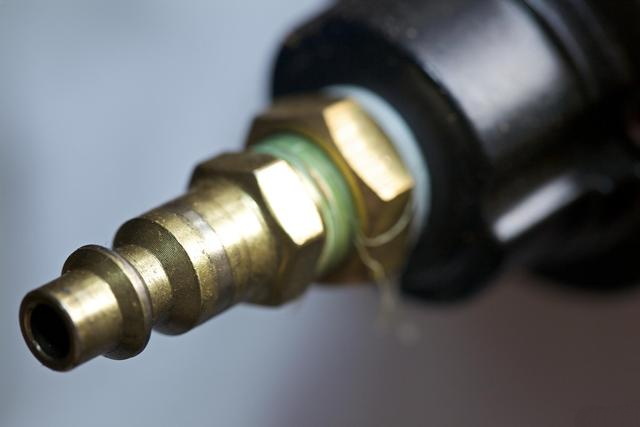
In the fuel system of an automobile engine, the injector occupies an important position. They are responsible for injecting fuel into the intake manifold or cylinders according to the precise timing and pulse width calculated by the engine control unit (ECU). The injector, by its very nature, is an electromagnetically controlled valve, and the ECU regulates the operation of the injector by switching on and off the solenoid coil current.
The core function of the injector is to spray fuel into the engine combustion chamber in an atomized form to achieve a full intermingling of fuel and air to ensure a smooth combustion process. Its working mechanism is to utilize solenoid valves to precisely control the amount and duration of fuel injection in order to achieve the optimal combustion effect. It is worth noting that the injection timing and pulse width of the injector have a direct and far-reaching impact on the combustion efficiency and power output of the engine, so the requirements for its accuracy are extremely stringent.
There are many types of fuel injectors, including EFI, direct injection and multipoint injection. Of these, the EFI injector is notable for its wide range of applications. It relies on an electronic control unit to regulate the amount and timing of fuel injection, ensuring that the fuel enters the intake manifold in atomized form, mixes with the air and flows into the combustion chamber for combustion. Direct injection injectors, on the other hand, choose to inject the fuel directly into the cylinder, where it is mixed with air and burned. As for the multi-point injection injector, it is characterized by each cylinder intake manifold are equipped with injectors, can be separately to each cylinder for fuel injection.
The working condition of the injector has a significant impact on engine performance and exhaust emissions. Failure of the injectors may result in incomplete combustion or even cylinder misfires, which in turn may impair the engine's power performance and fuel efficiency. In view of this, the maintenance and repair of fuel injectors is particularly important. By regularly replacing the injectors and ensuring that they are in good working condition, the performance and stability of the engine can be effectively improved.
In summary, the injector plays a crucial role in the fuel system of the automobile engine, and is responsible for injecting fuel into the combustion chamber of the engine, mixing with the air and then contributing to combustion, thus providing power for the engine. Given that the working condition of the injector is directly related to the engine performance and emissions, regular maintenance and repair of the injector is indispensable.


 English
English Русский
Русский Español
Español